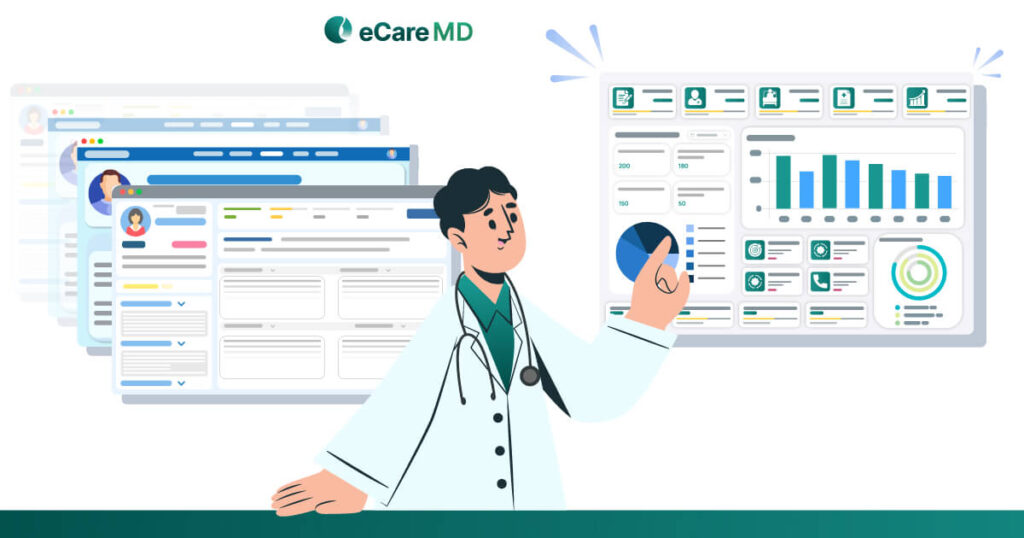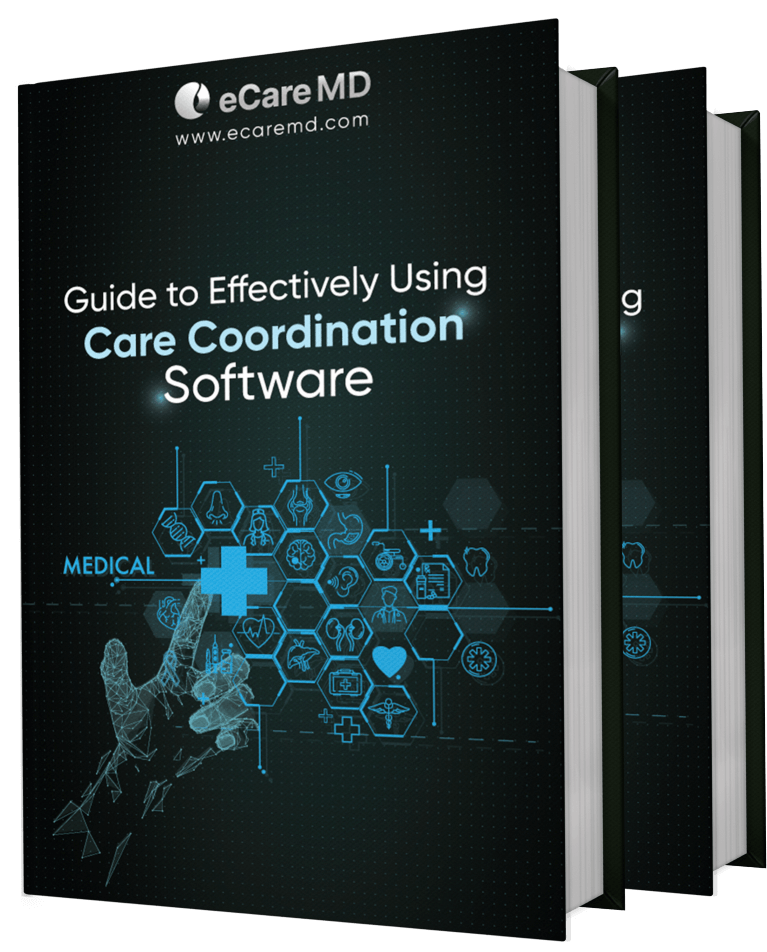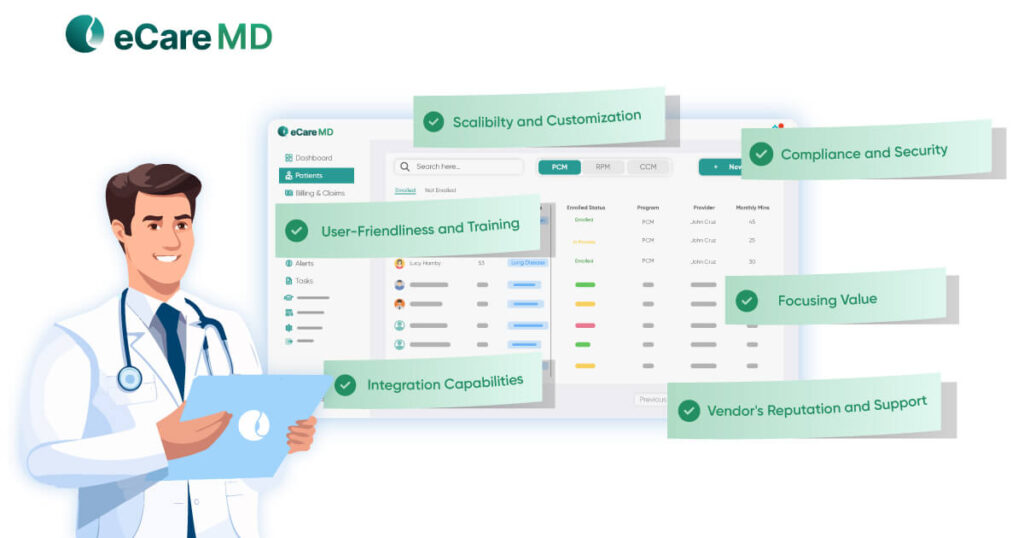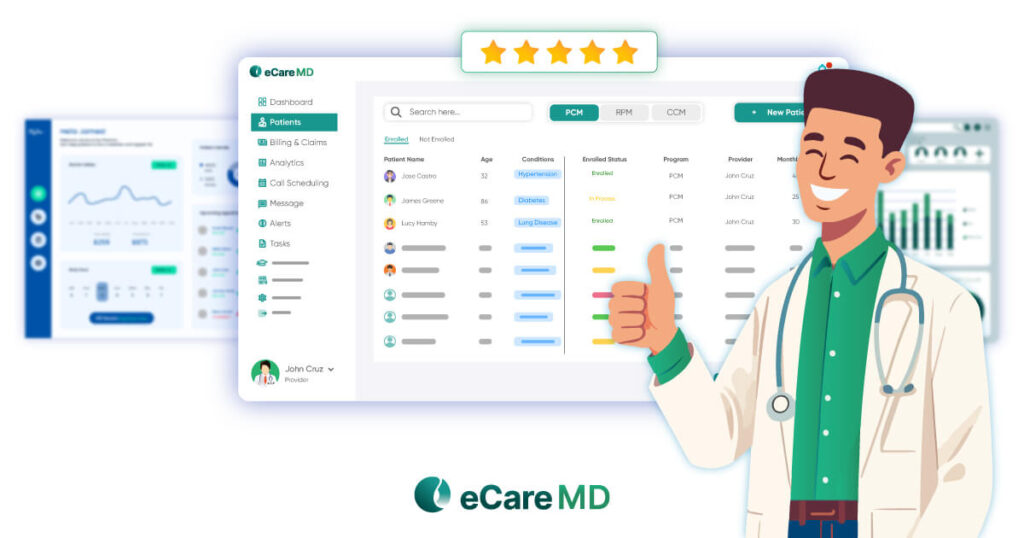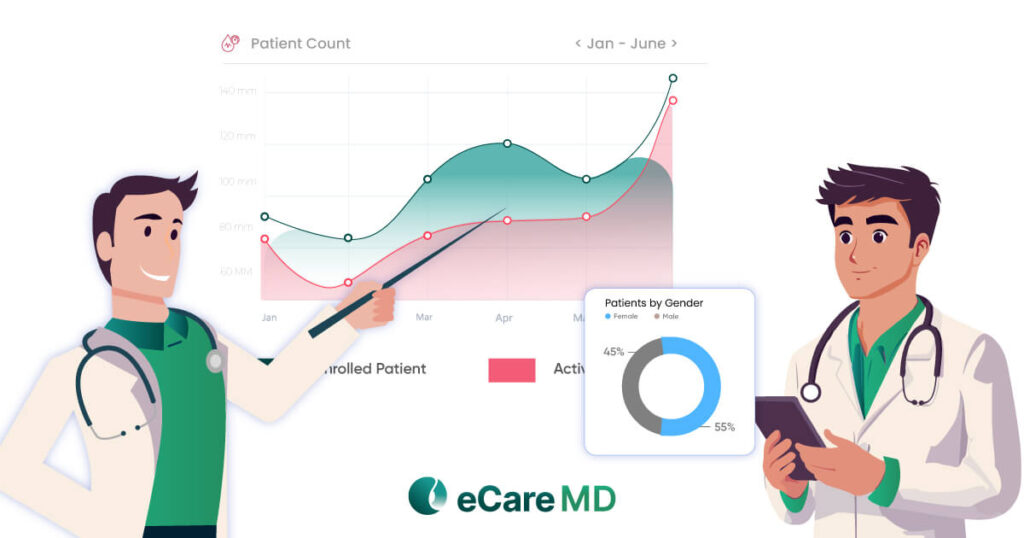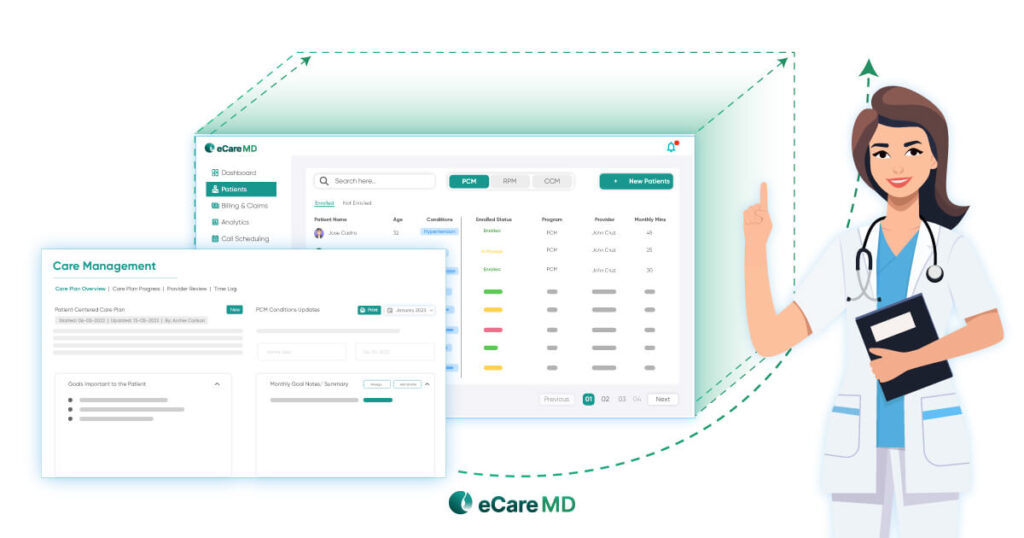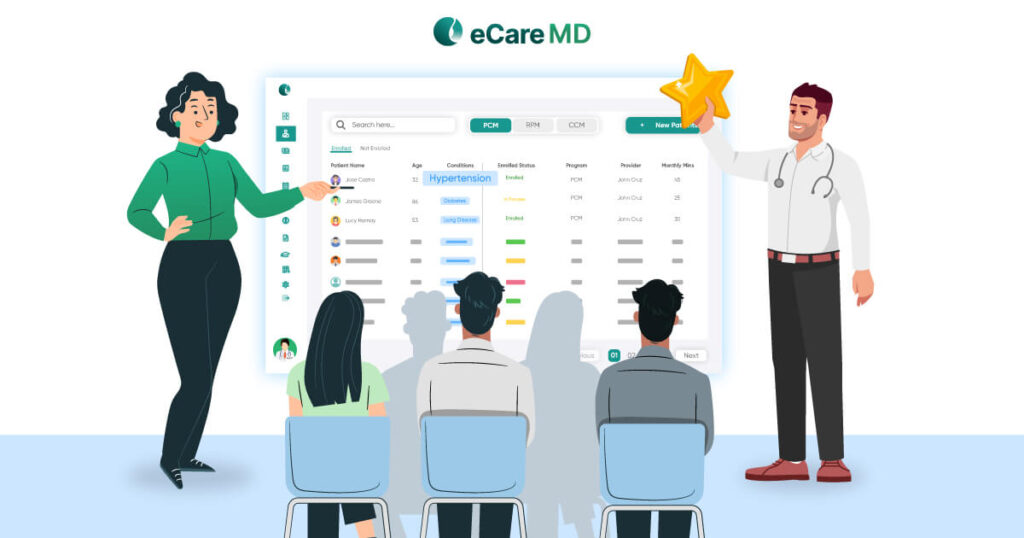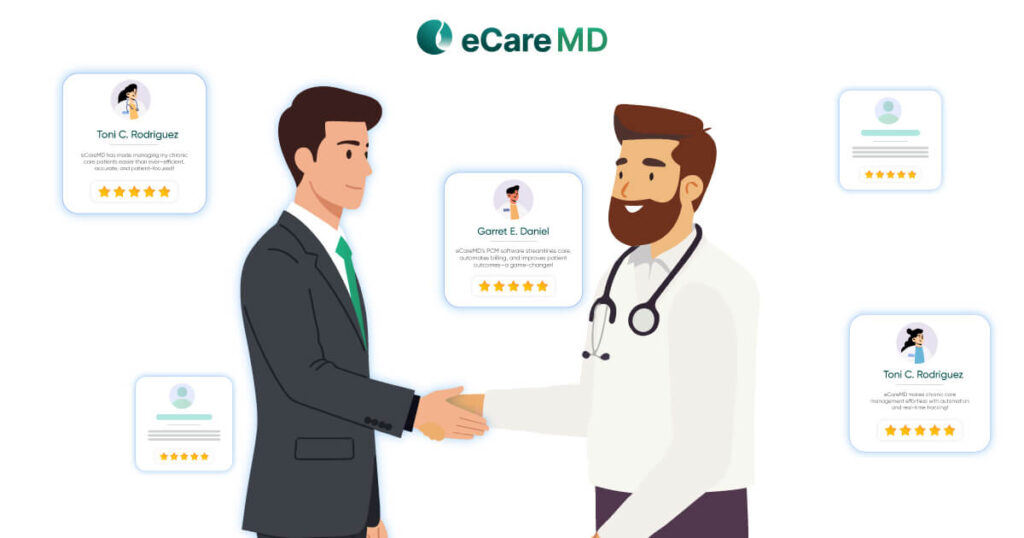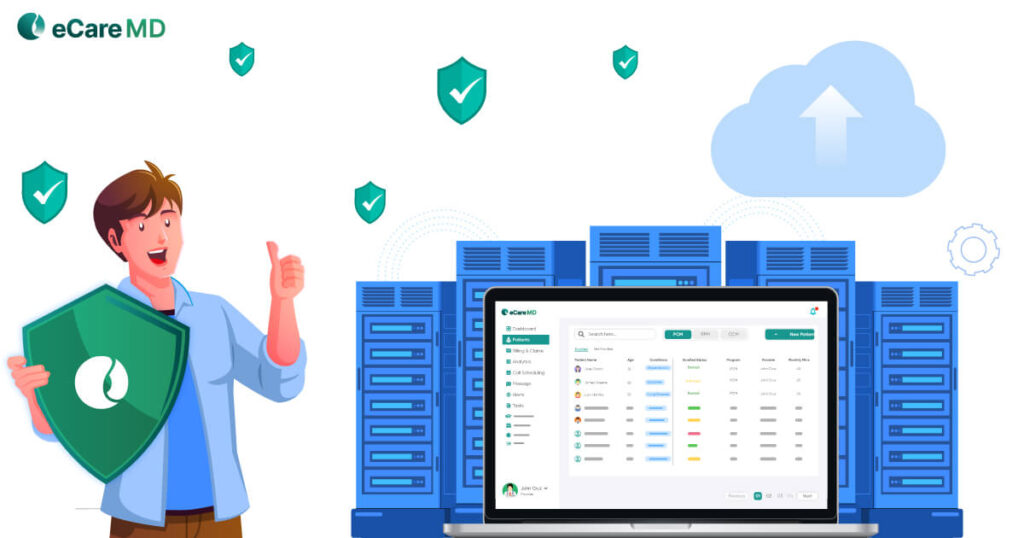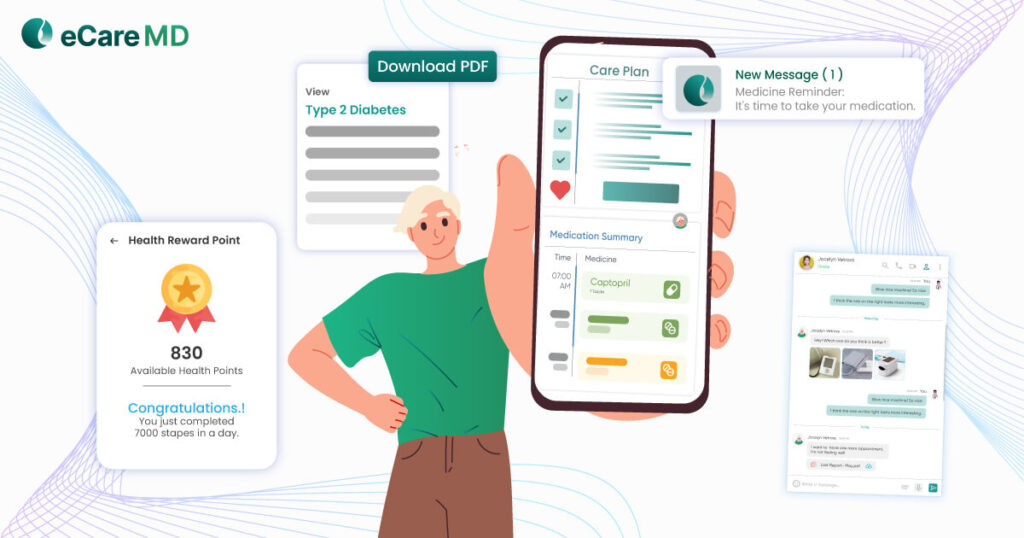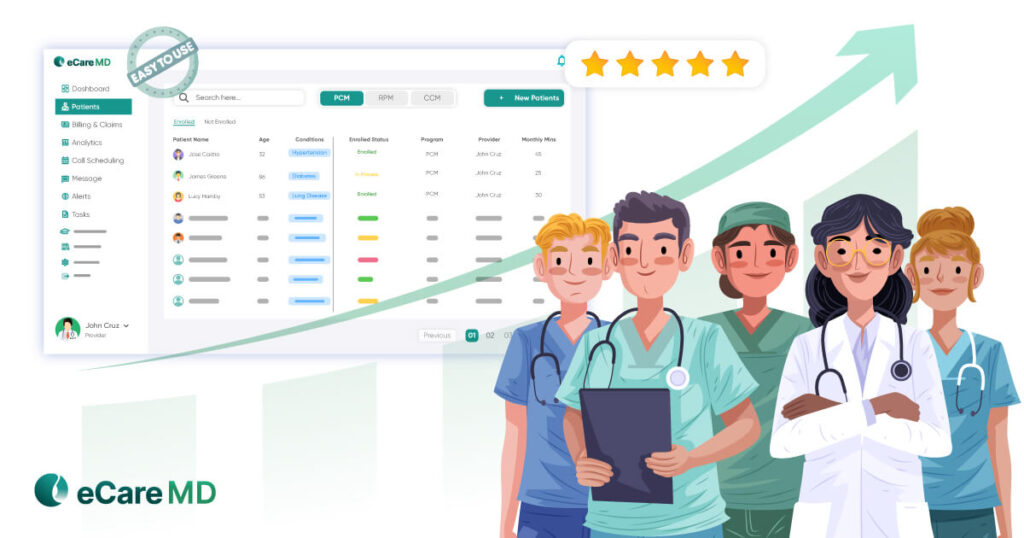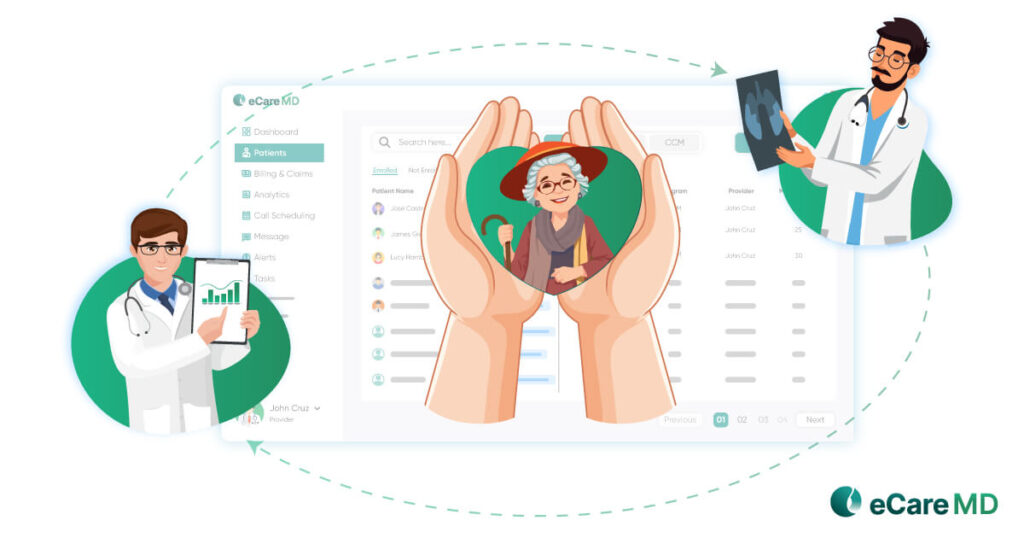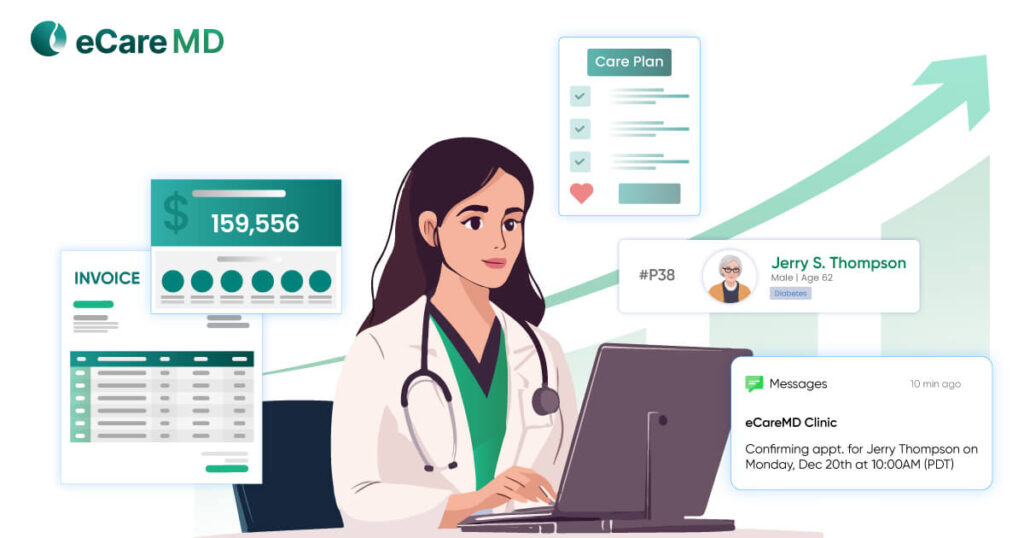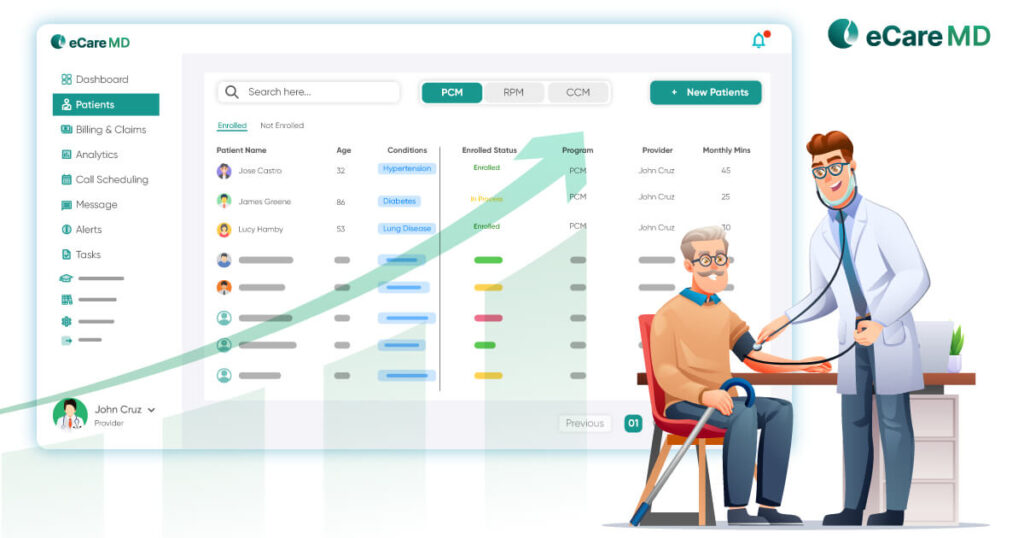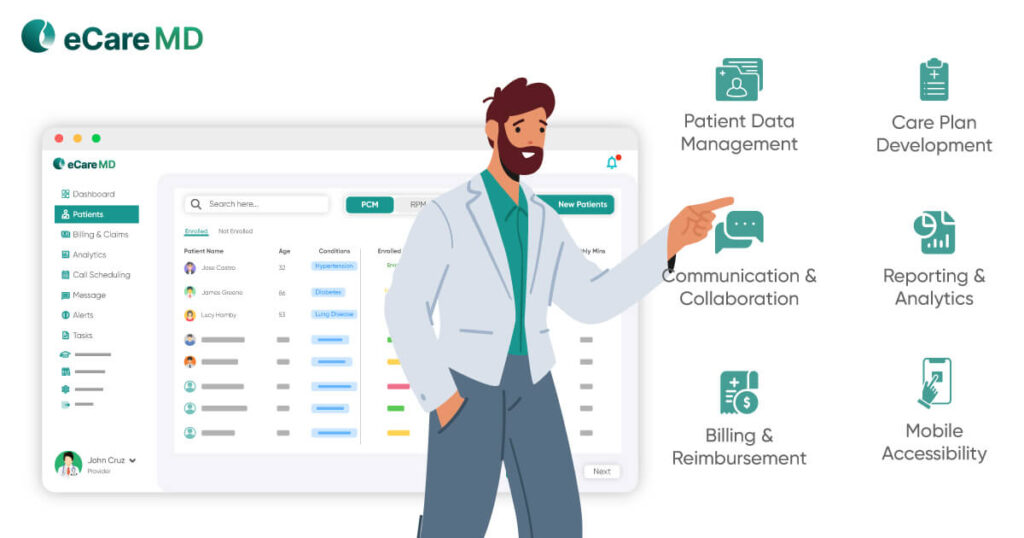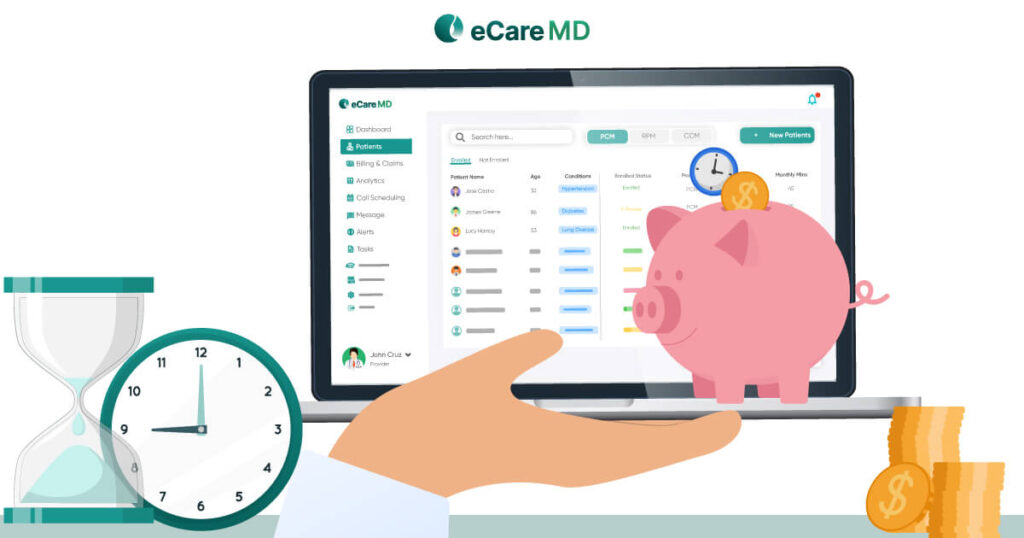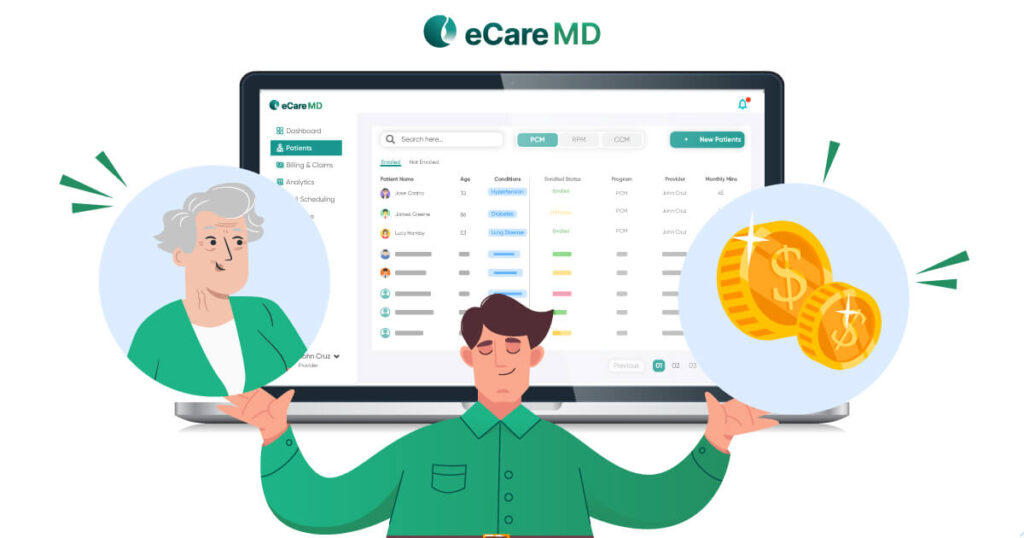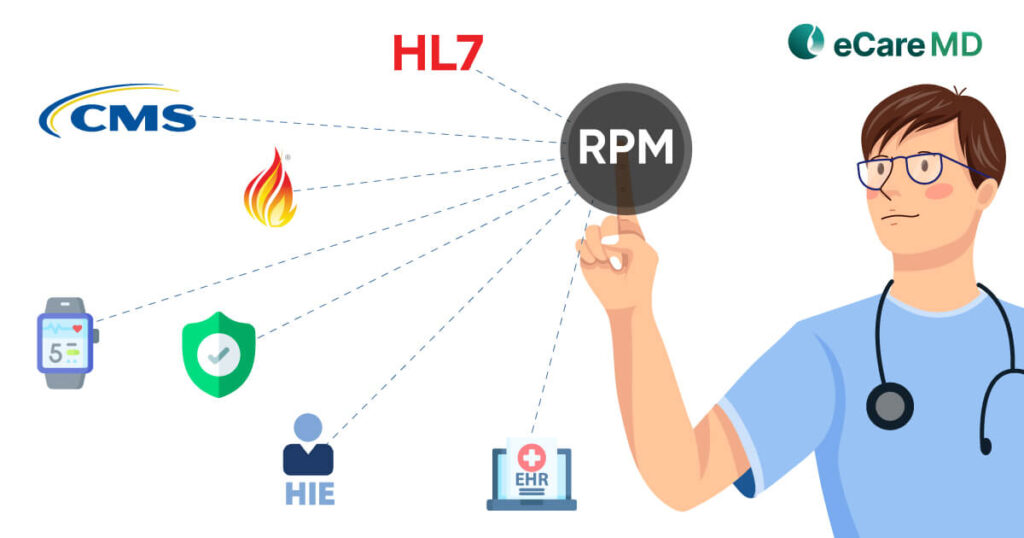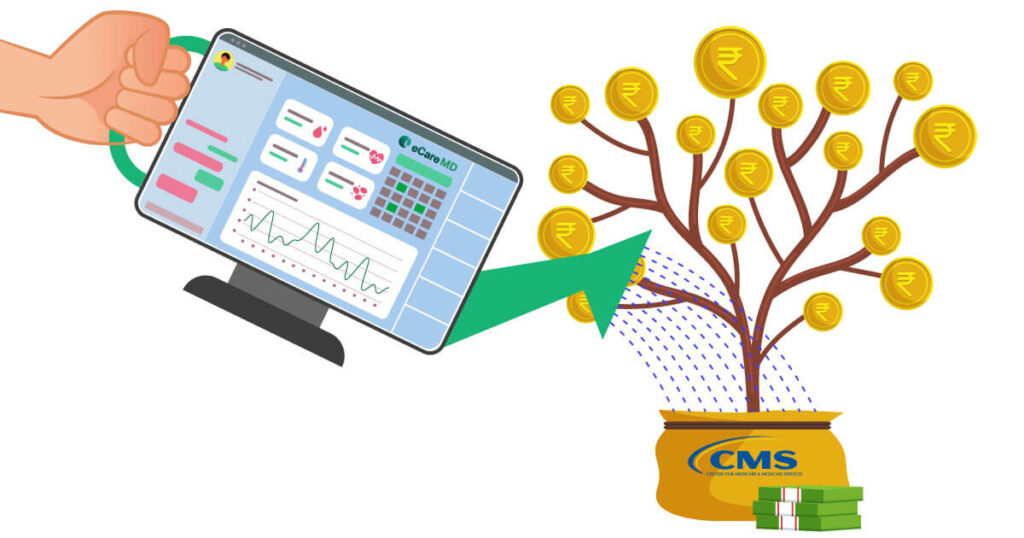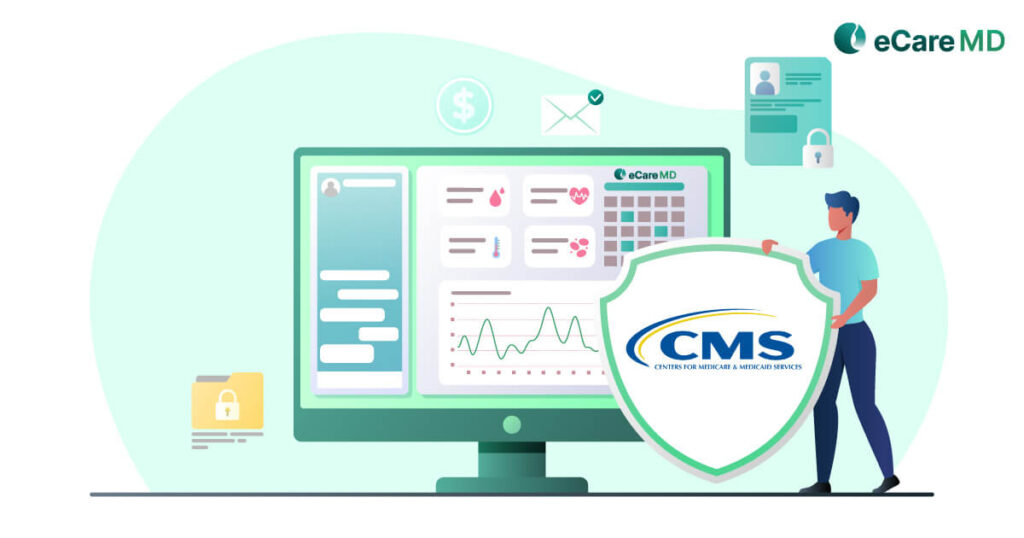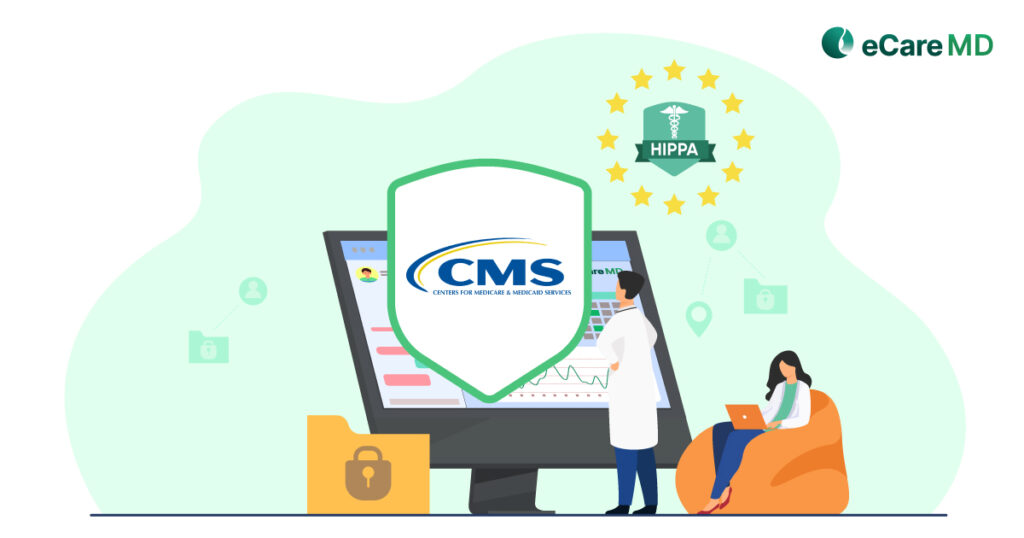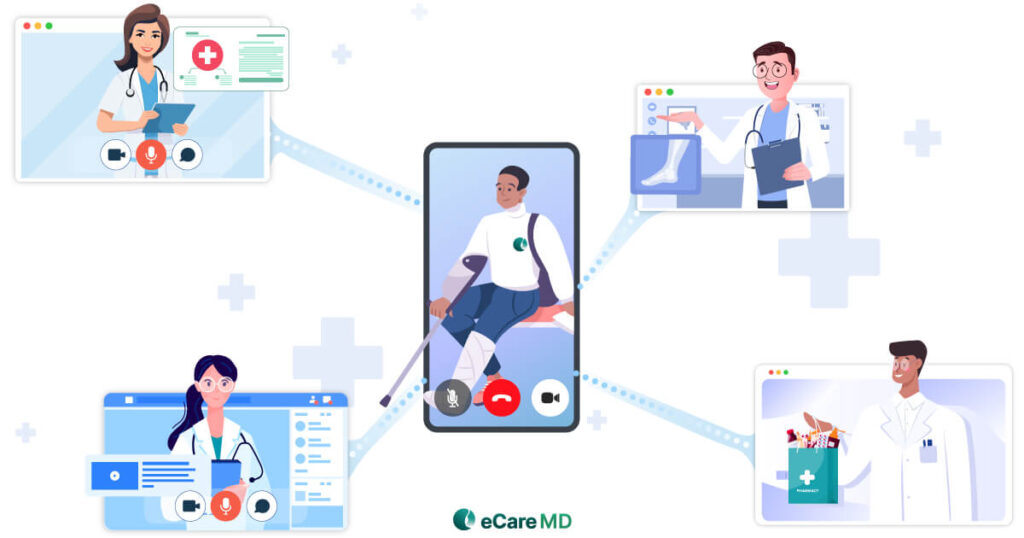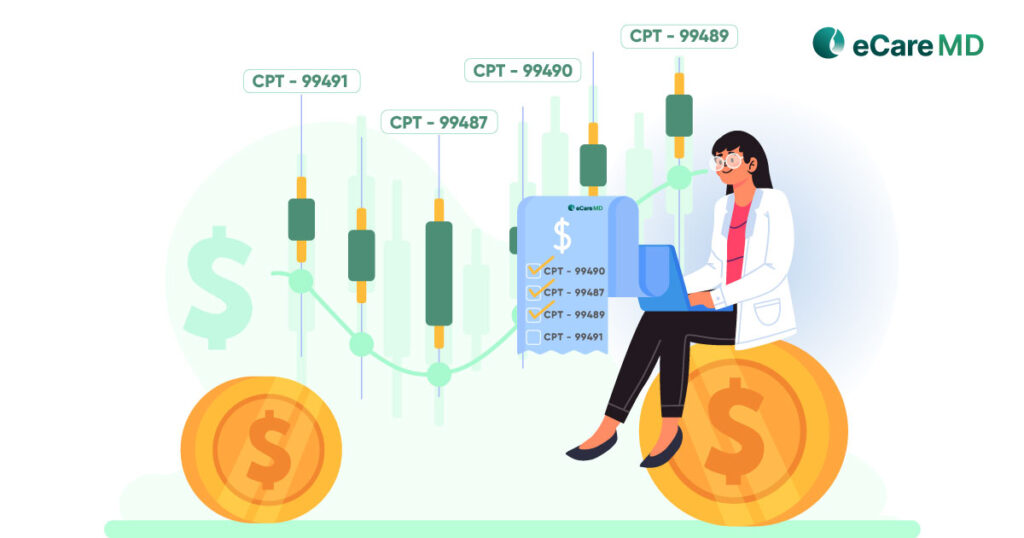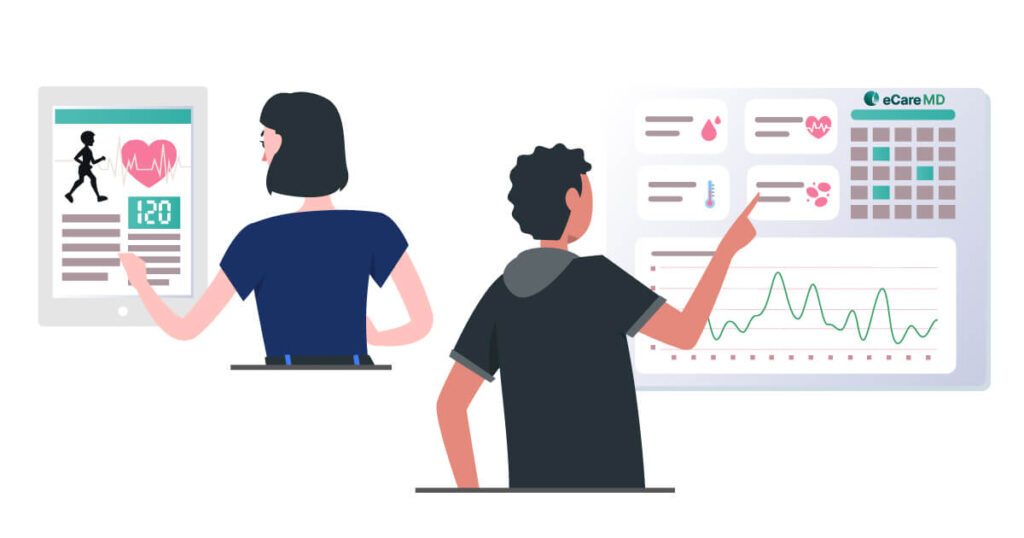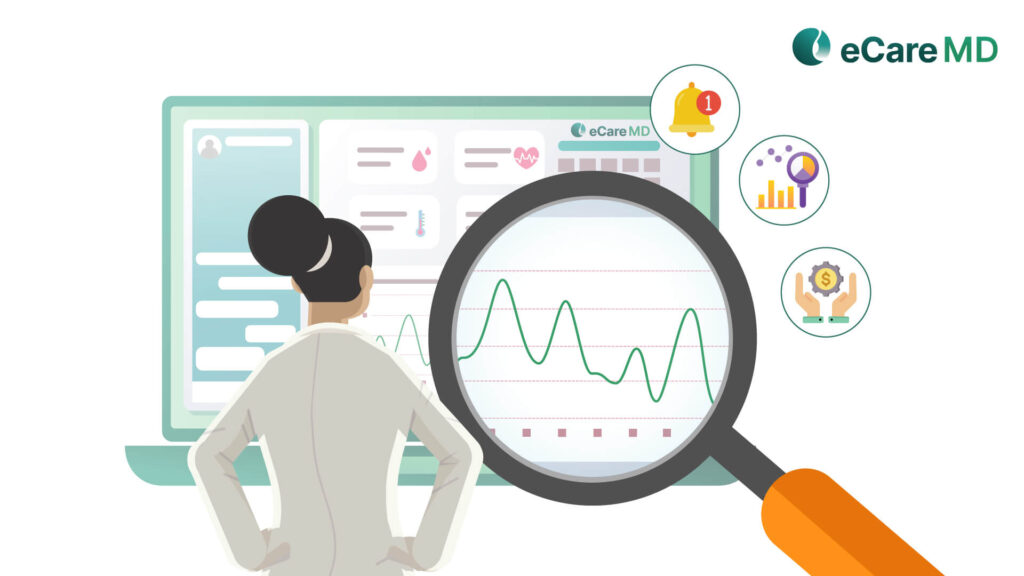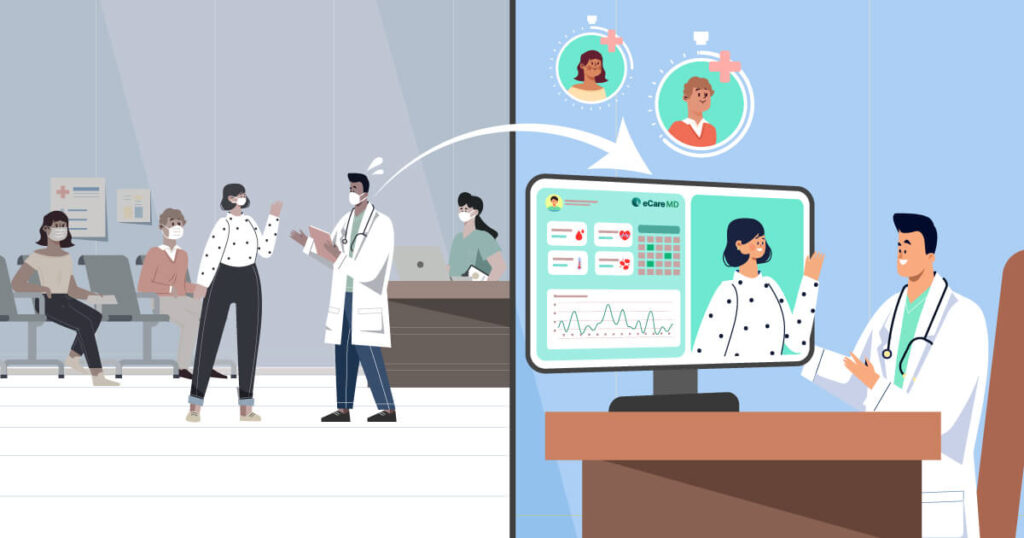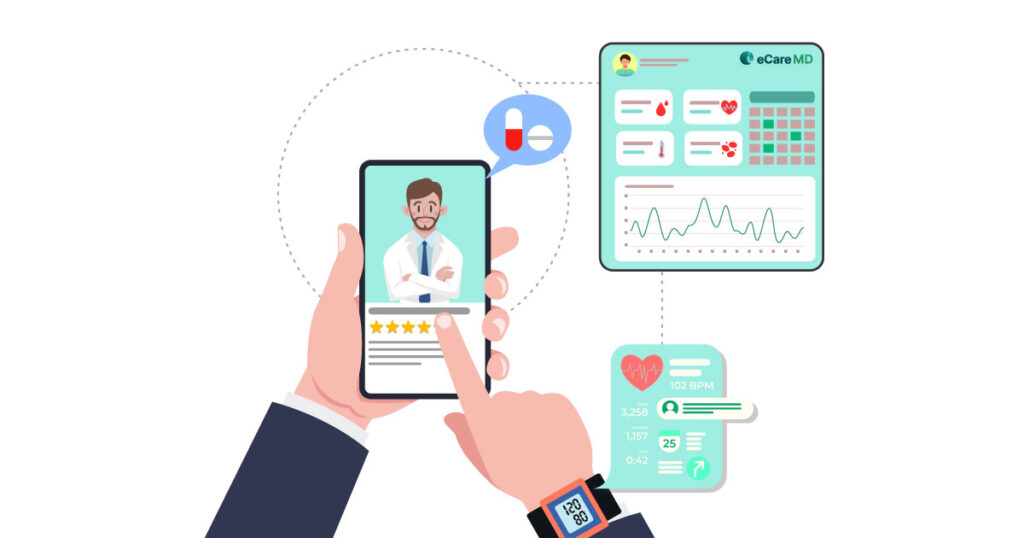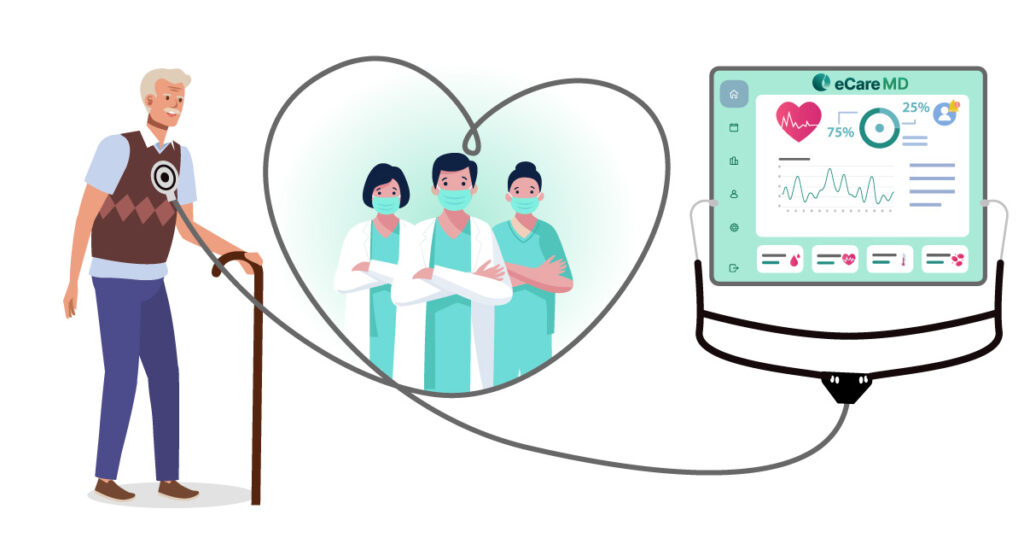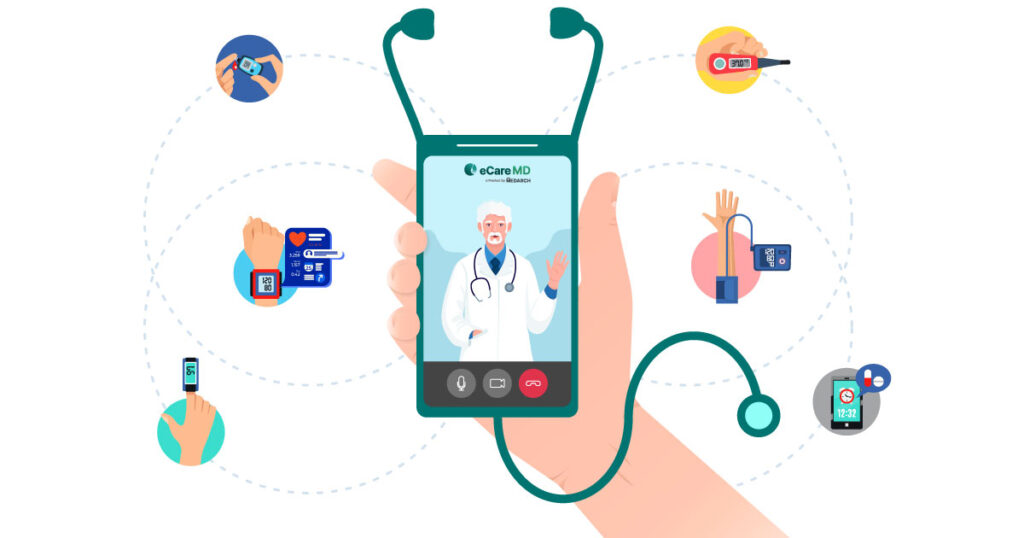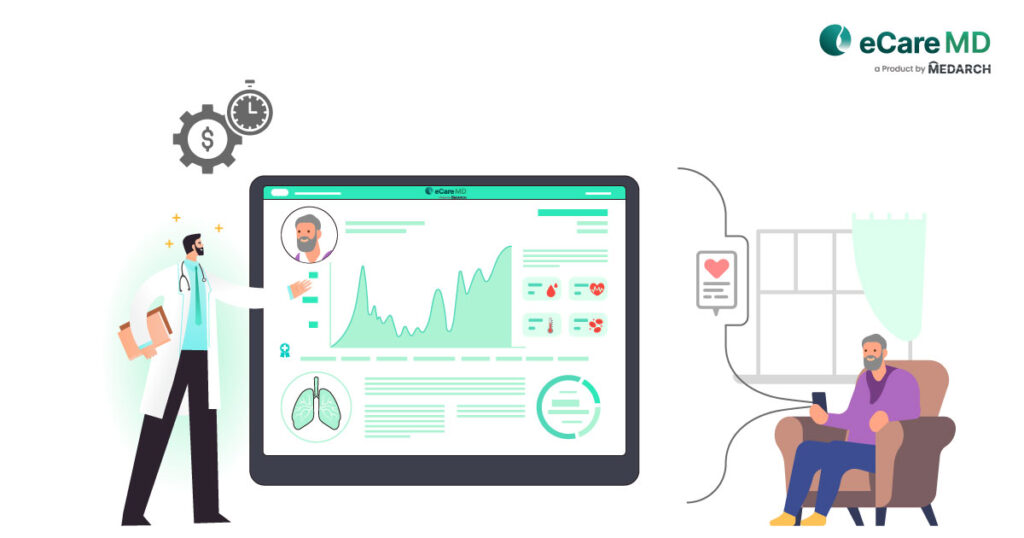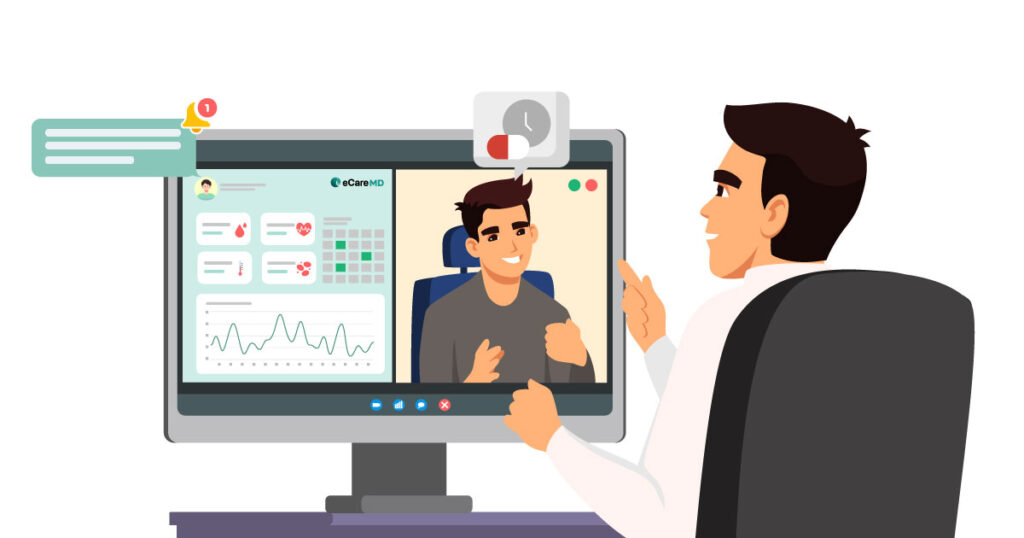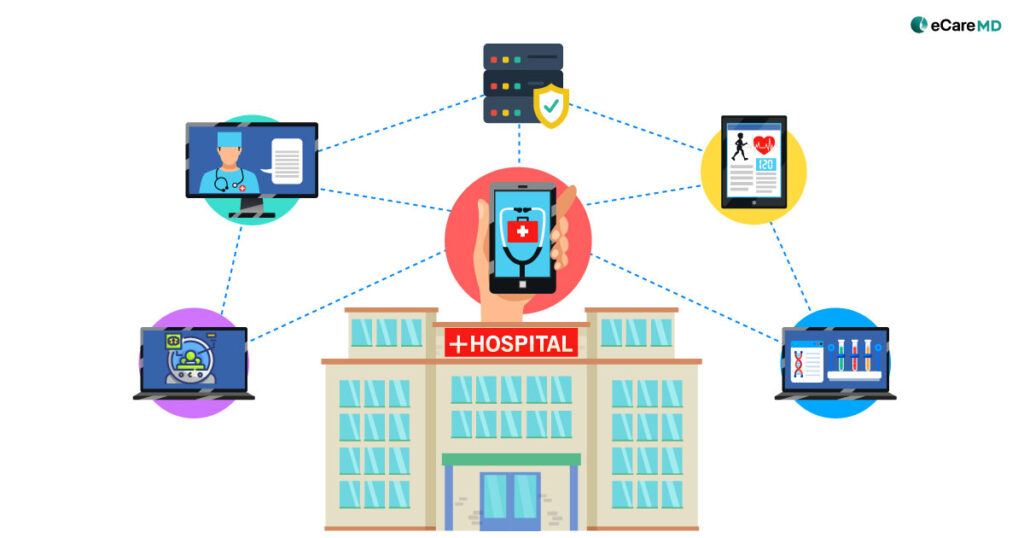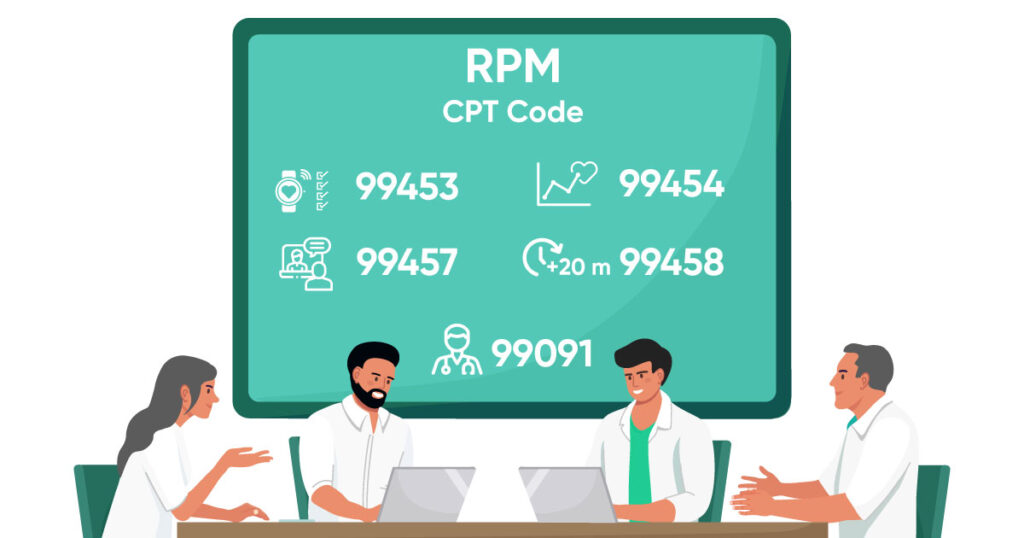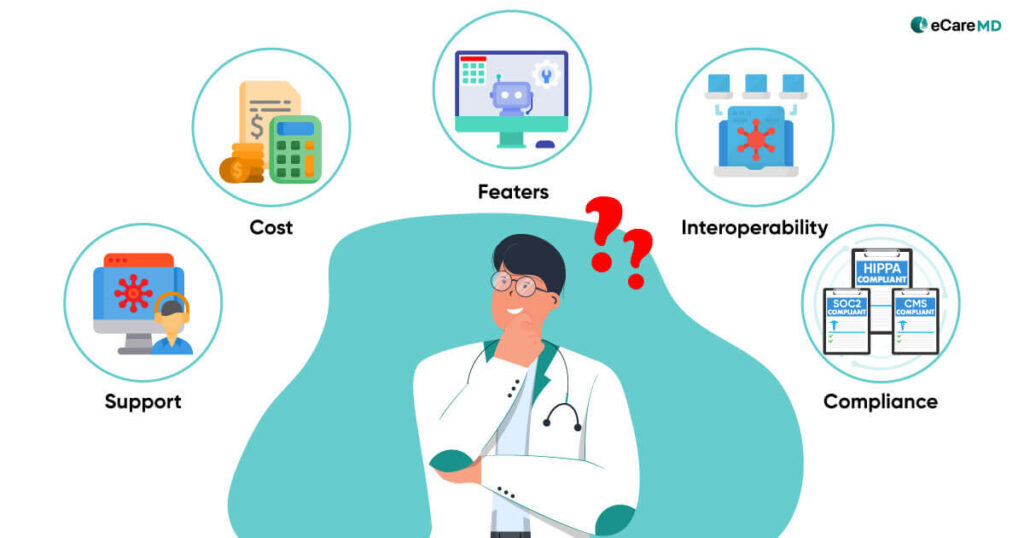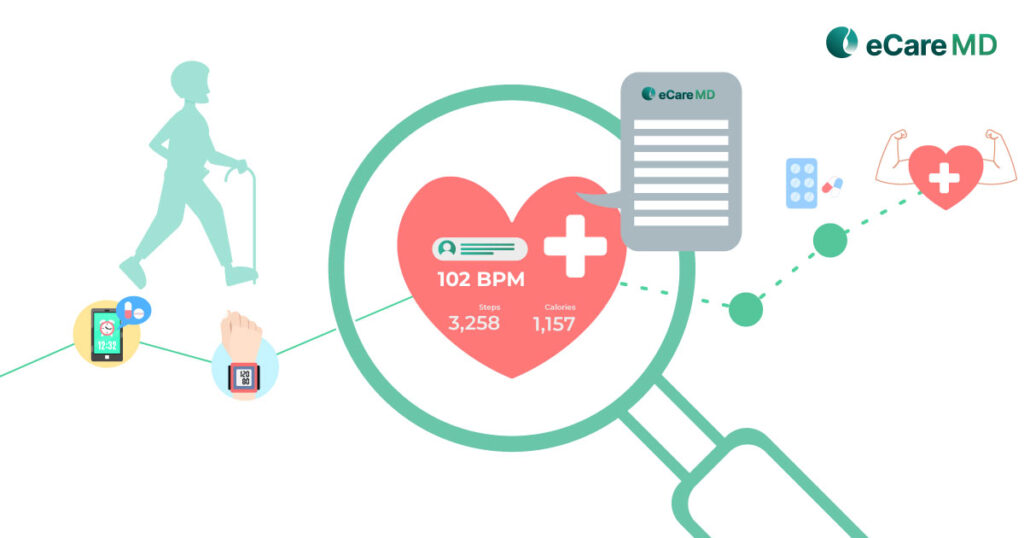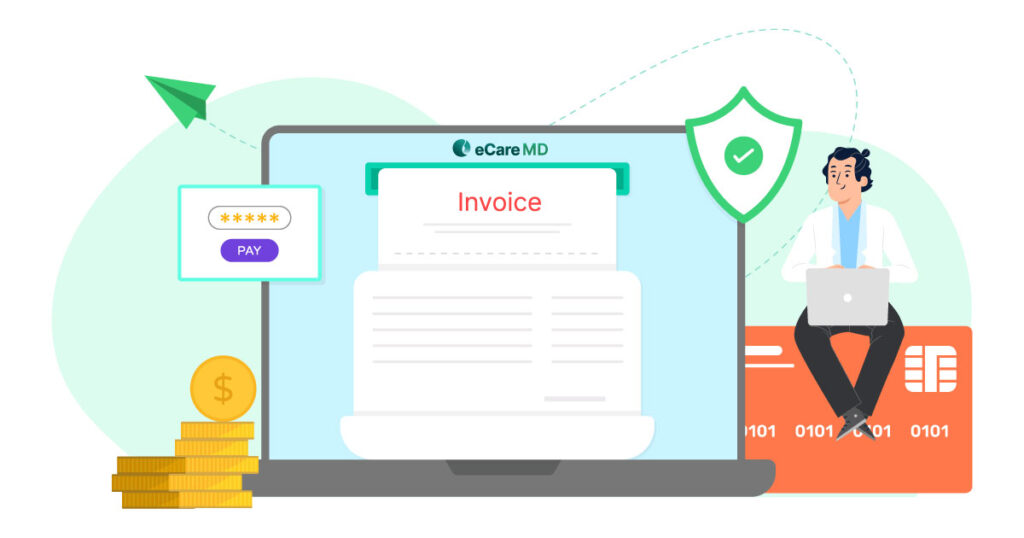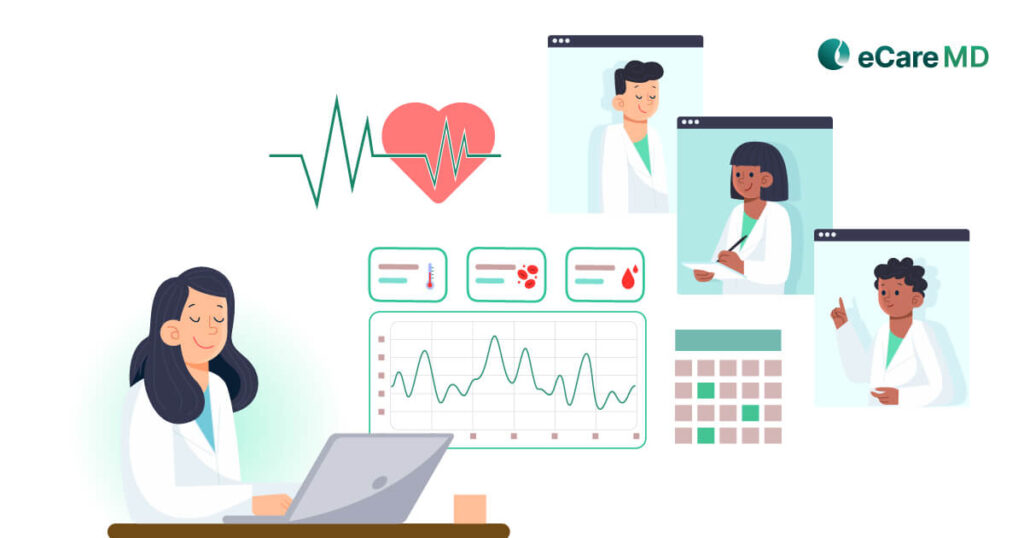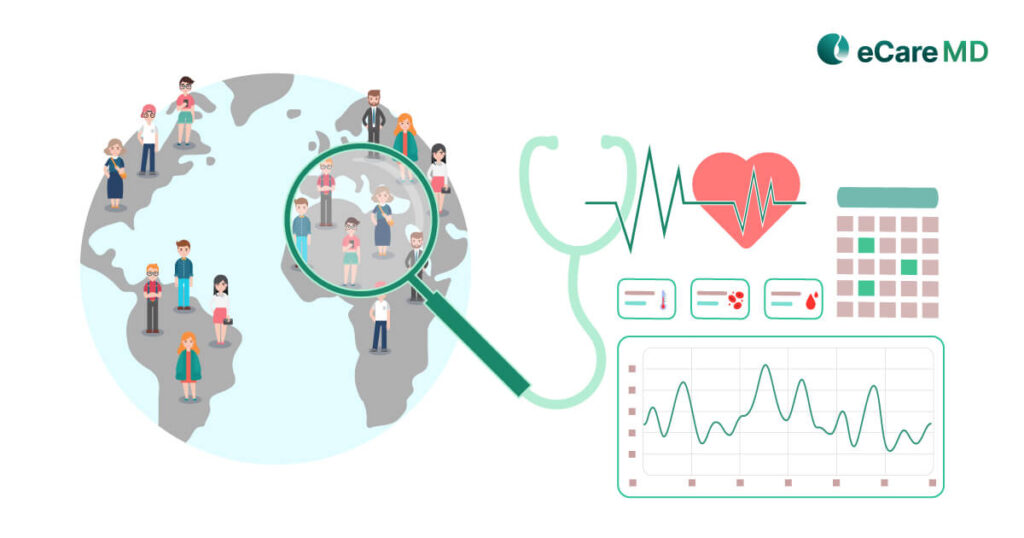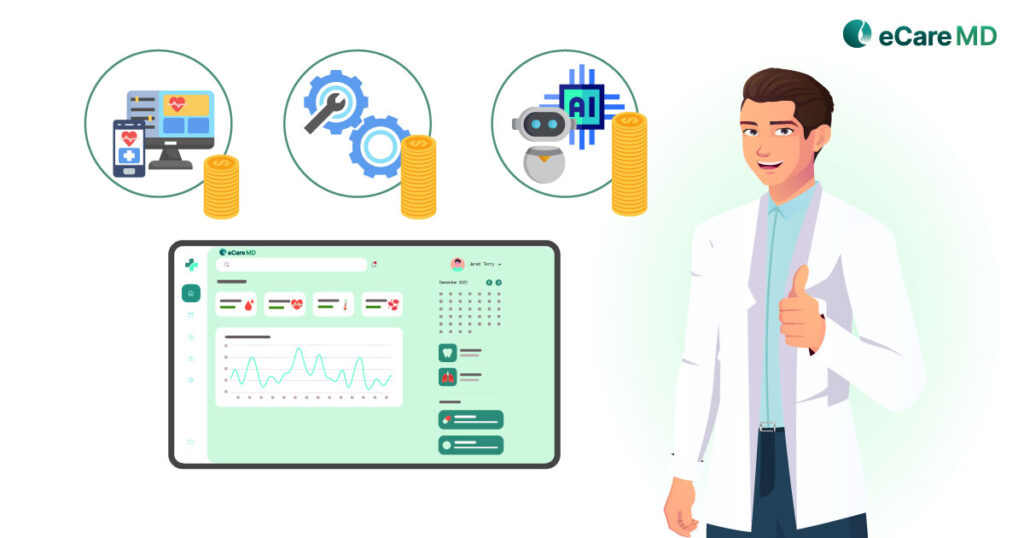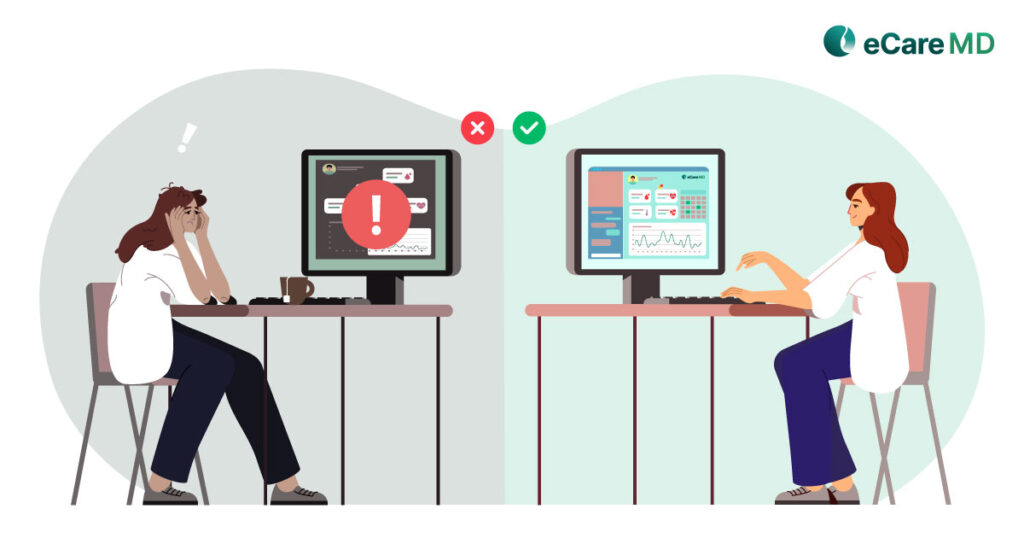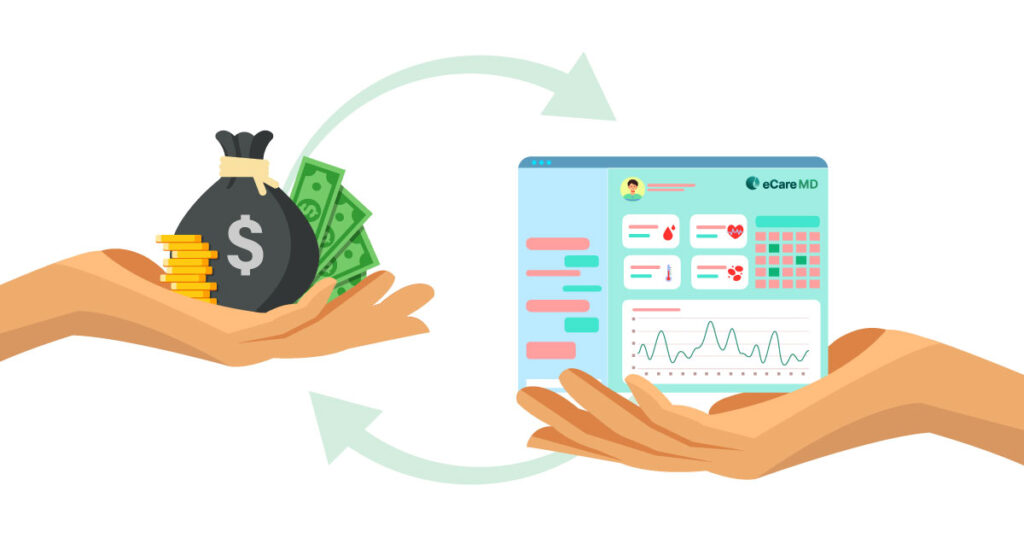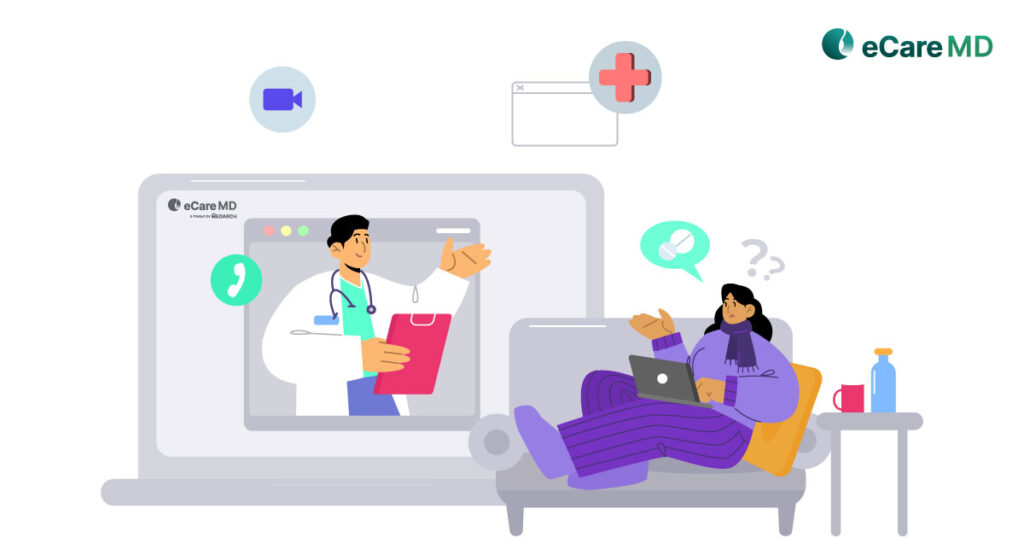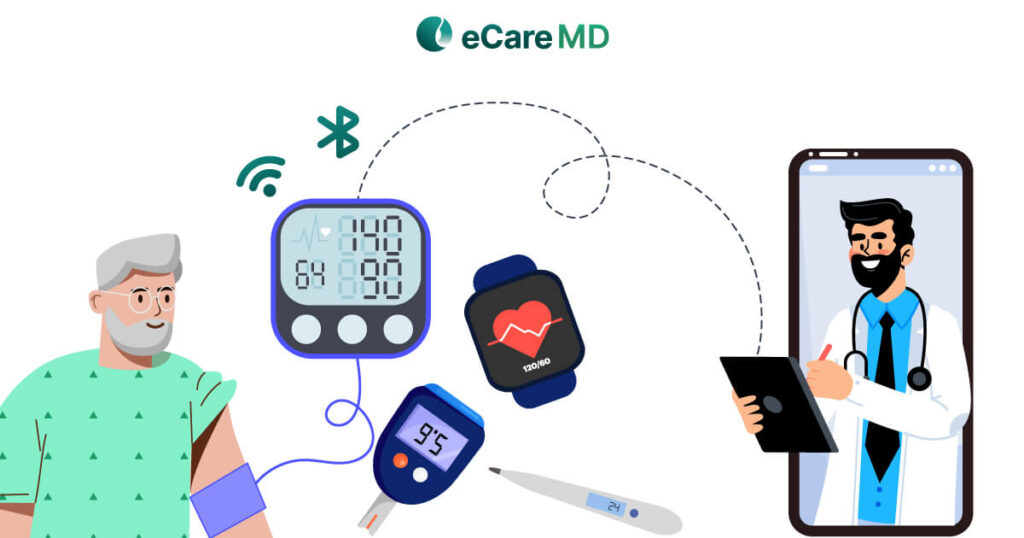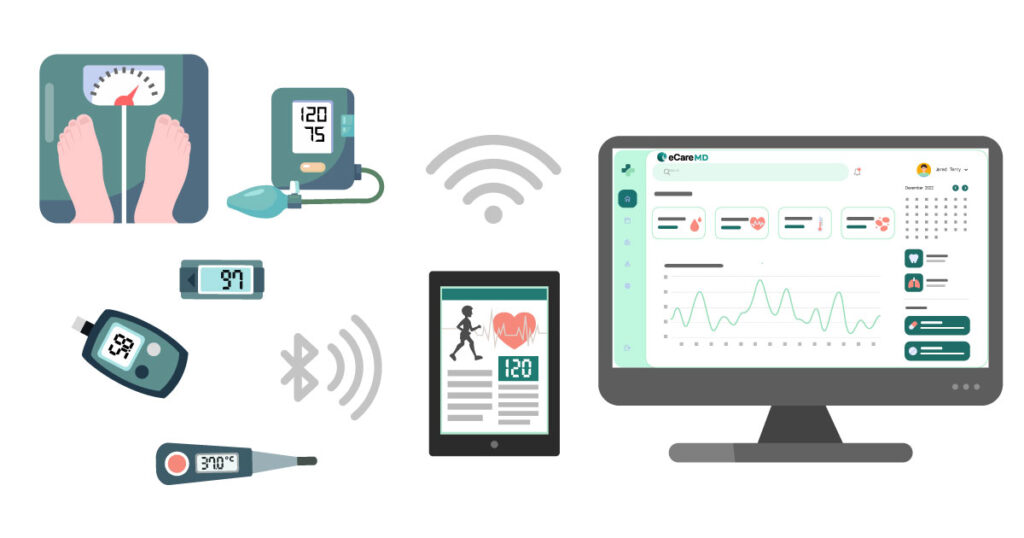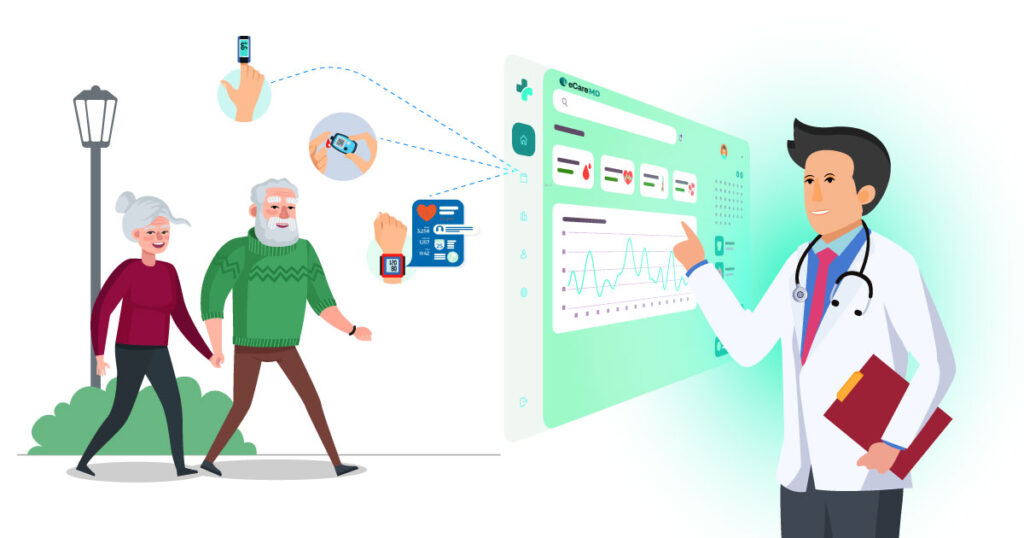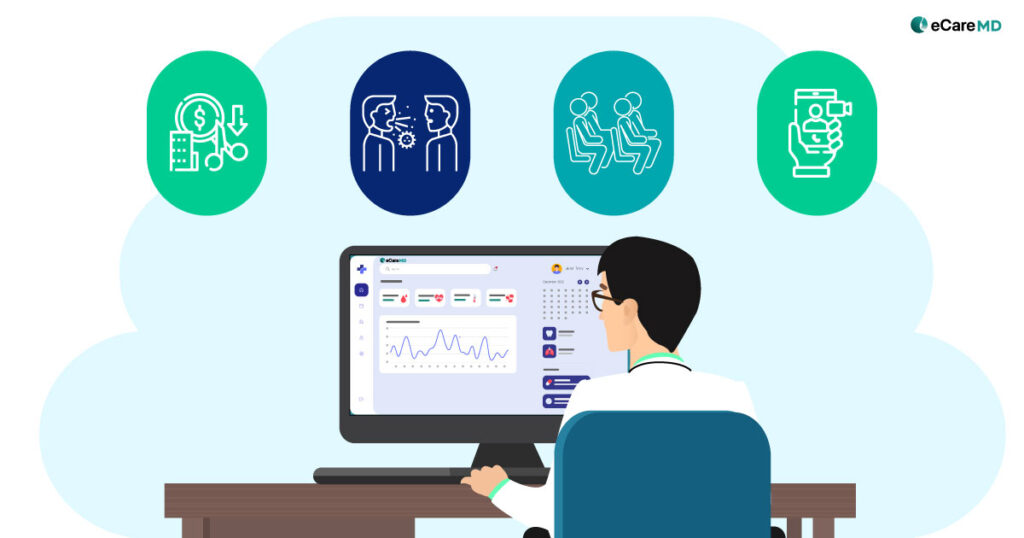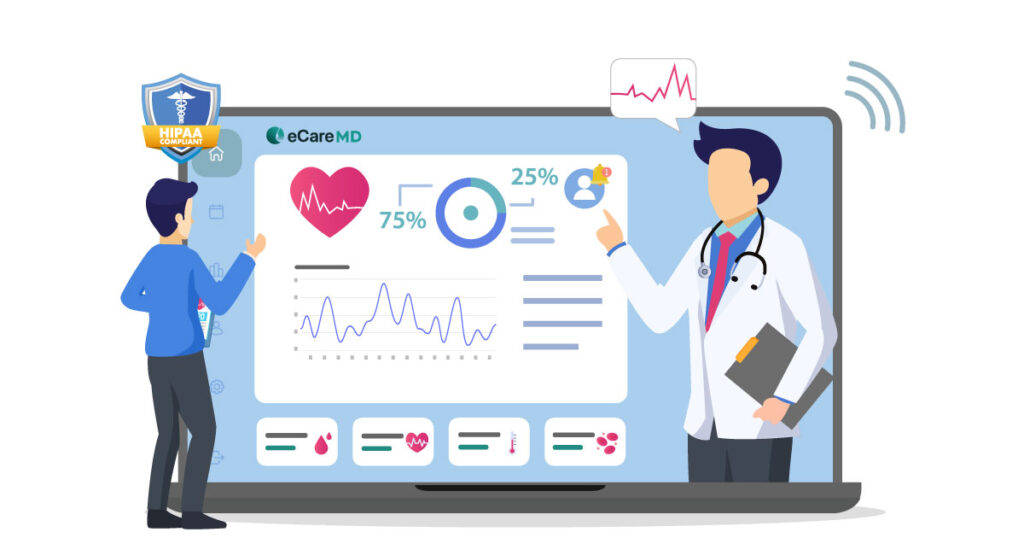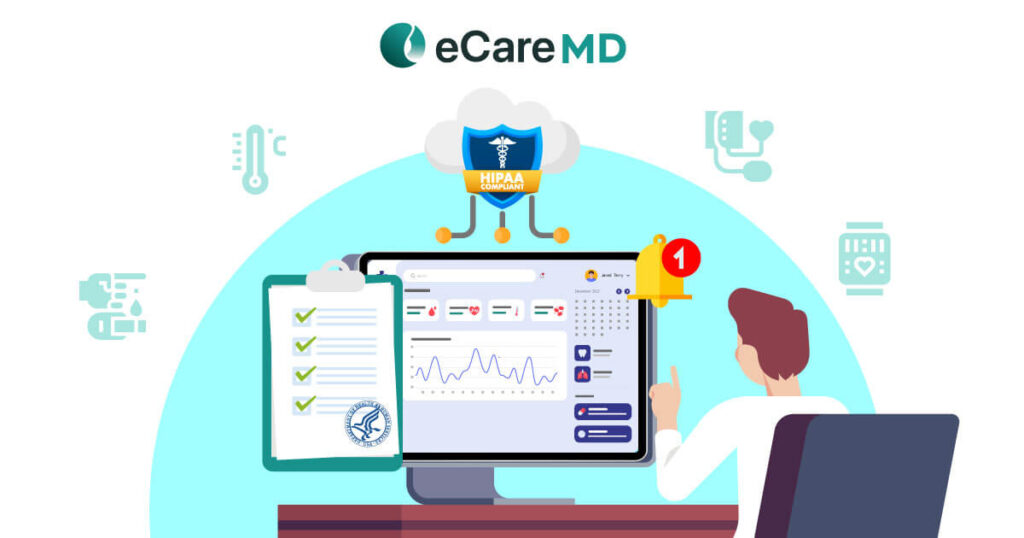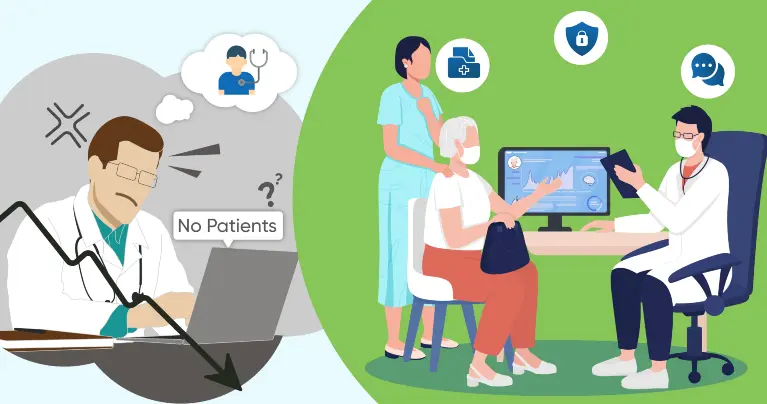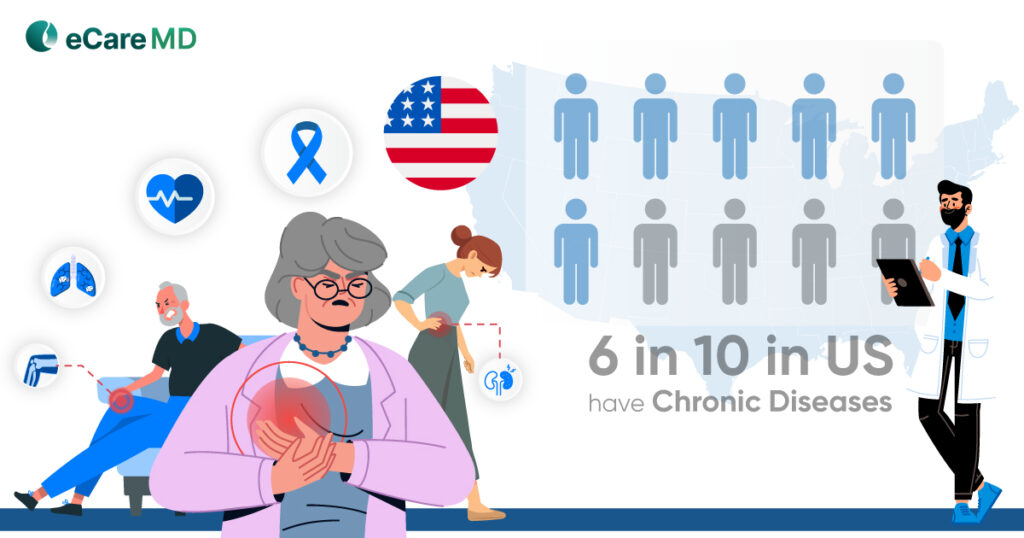Are you struggling to find the most suitable care coordination software to overcome all the above challenges?
Then this article is for you! Continue reading to know the guidelines for how to choose the right care coordination software for better patient management and health outcomes.
Assessing Your Organization's Requirements
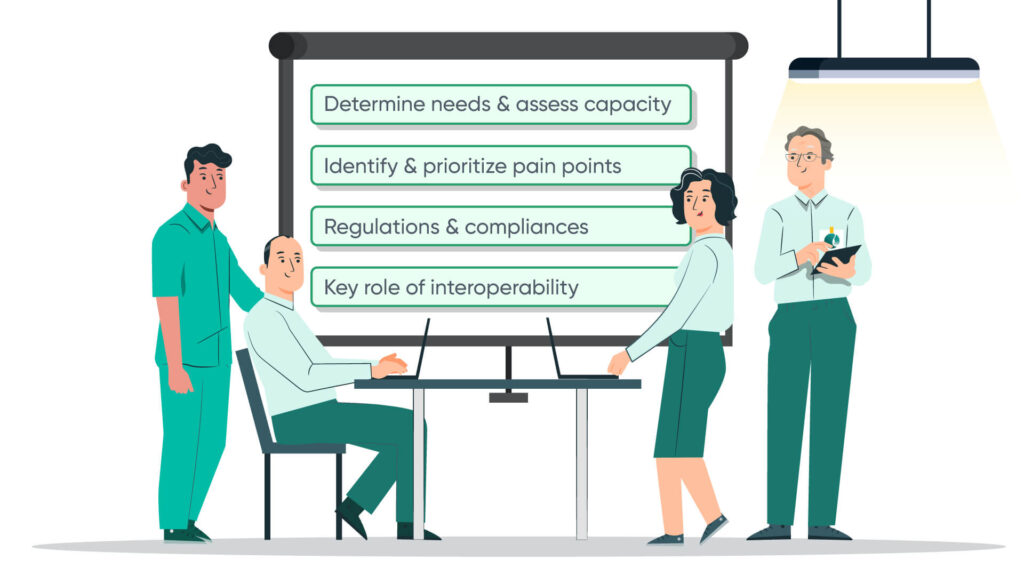
In addition to that, all required healthcare regulations and compliances should be tested and certified from an authenticated organization. These regulations and compliances ensure streamlined data management, keeping patient health information secure and private. These regulations are HIPAA, SOC2, GDPR, and every country-specific body.
Defining Key Features and Functionality
Security and Compliance
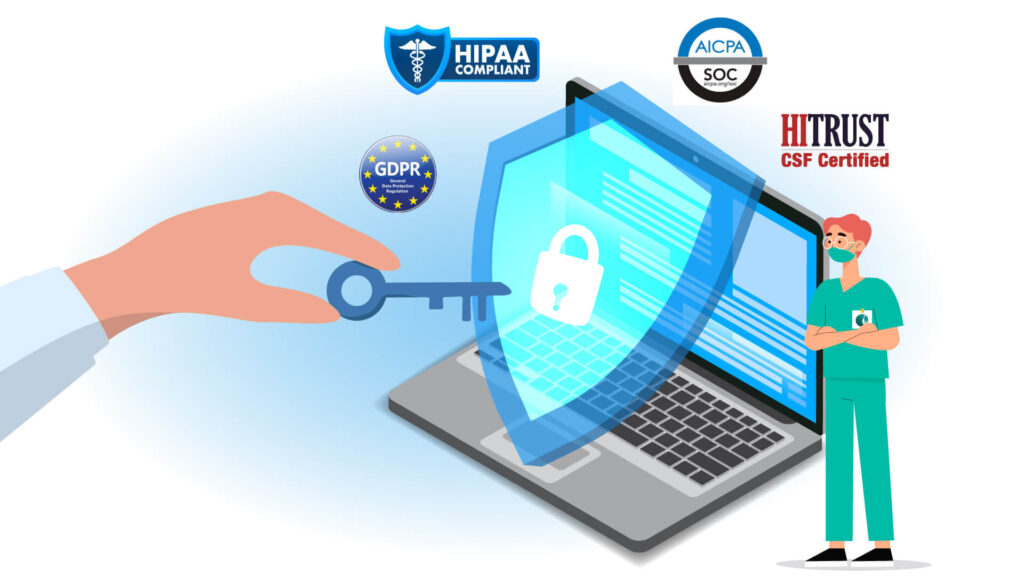
Exploring Vendor Reputation and Experience

Understanding Pricing Models and Total Cost of Ownership
Conclusion
While choosing the right care coordination software, providers must consider their current workflow and pain points, and stakeholders need to streamline the care coordination services. For better care coordination services, software must have good communication and collaboration features, which can improve patient engagement and outcomes. Also, care coordination software should comply with all security standards and be aligned with better stability in patient health information management.
Implementing a care coordination solution enhances patient care by ensuring seamless communication among healthcare providers, reducing errors, and promoting consistent care plans. It boosts organizational efficiency by streamlining workflows, improving task management, and facilitating real-time updates, leading to better resource utilization and increased patient satisfaction.
Include a call to action, encouraging readers to download a free trial or contact the vendor for a demo.
Frequently Asked Question’s
There are multiple benefits of implementing care coordination software at healthcare practices explained into three main categories below:
Improved care coordination
- Acts as a bridge for patient care- Acts as a center of care, allowing all providers to access patient health information and the ability to visualize and take any necessary actions by collaborating with other providers and patients.
- Better care plan and review- Streamlined communication leads to improved care plan adherence and addressing of patient needs inline with care plan goals and requirements.
- Enhanced task management- Micro Level task management is the key to care coordination software, which enables all healthcare professionals to schedule and complete the tasks that are associated with patient health, which ensures timely healthcare delivery.
Enhanced Efficiency and Cost Savings:
- Streamlined Workflows- Automating tasks like sending out referrals and accepting the outside referrals and appointment reminders through email and text frees up time for providers to focus on patient care.
- Reduced Readmissions- Improved care coordination by early detection of health risks and real-time interventions can lead to fewer complications and hospital readmissions, saving healthcare costs.
- Accurate Billing- Automated time tracking along with the services provided to patients, as well as care coordination software, can help ensure accurate and complete billing, maximizing reimbursement for practices.
Improved Patient Outcomes:
- Increased Engagement- Patient engagement is the major part of the care coordination platform, and it can be achieved with telehealth features such as secure text messaging and audio/video calling. Patients can access information and schedule appointments more easily, fostering better engagement in their care.
- Reduced Errors- Clear communication and centralized data minimize the risk of errors in medication or treatment plans.
- Improved Quality of Care- By ensuring everyone is on the same page, care coordination software contributes to a higher quality of care for patients.
While adopting care coordination software, some required security and privacy measures need to be taken into account to ensure that the software is compliant with regulatory requirements. Below are some example
- Data Encryption- While implementing care coordination software providers should ensure that all data transmitted and stored within the software should be encrypted and protected.
- Role-based access control- Implementing role-based access control ensures that only authorized personnel can access sensitive patient health data, which restricts the chances of data breaches.
- Audit Trails- Audit trails that log all access and actions taken by users, providing an accountability mechanism to monitor and review usage and potential security incidents.
- Compliance with Regulations- The software must comply with required healthcare regulations and standards such as HIPAA (Health Insurance Portability and Accountability Act) in the U.S.
- Data Integrity and Backup- Ensure mechanisms are in place for data integrity checks and regular backups to protect data from loss or corruption and to allow for recovery in case of an incident.
Care coordination software costs vary depending on features, patient volume, and service level. Prices can range from as low as $0.99 per month to upwards of $30 per patient per month, with basic options ideal for smaller practices and full-service solutions catering to larger healthcare organizations.

